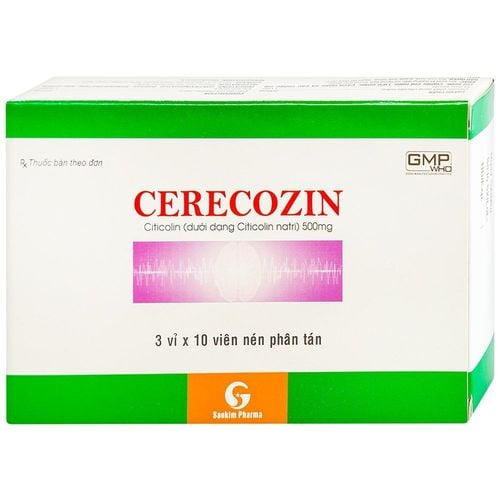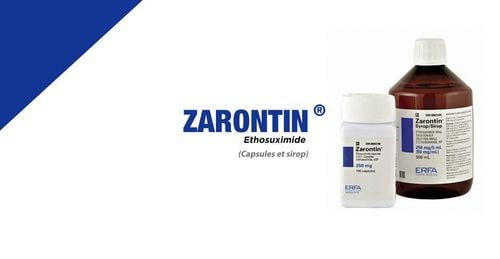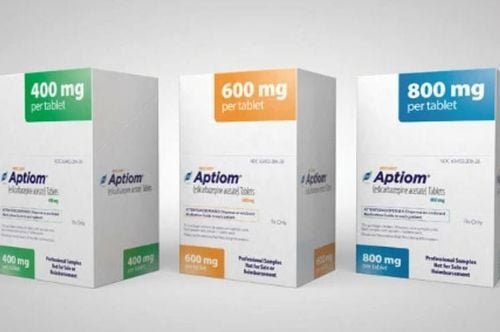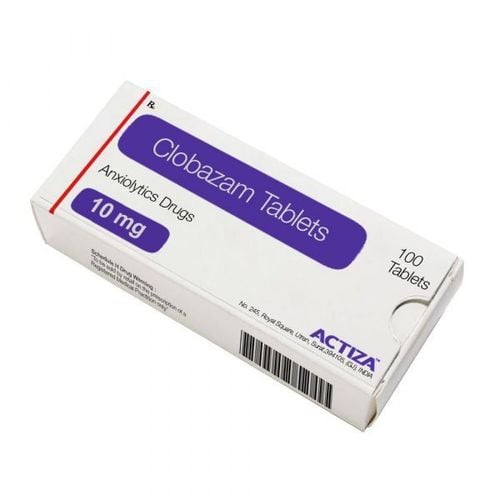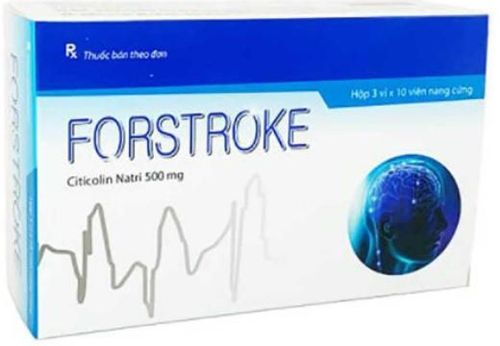This is an automatically translated article.
Phenylketonuria disease is a metabolic disorder of some amino acids caused by a deficiency of the enzyme Phenylalanine Hydroxylase in the body of newborns.
1. What is Phenylketon Disease?
Phenylketonuria is an inherited disease, the mechanism of Phenylketonuria is related to the amino acids Phenylalanine and Tyrosine which play an important role in the production of Serotonin, Catecholamines as neurotransmitters, thyroid hormones and thyroid hormones. Melanin in the body.
Phenylketonuria disease has the following characteristics: The disease is caused by a disorder in the metabolism of the amino acid Phenylalanyl into the amino acid Tyrosine, caused by the infant's body lacking the enzyme Phenylalanine Hydroxylase. Phenylketonuria in humans affects the health of the patient, specifically, if the amount of Phenylalanyl amino acid in food is not controlled in the body as well as the accumulation of Phenylalanyl in the body, it will make the brain of children with growth retardation, damage to the nervous system and some other parts of the body. Phenylketonuria is an inherited disease, which should be detected early and treated in the first months of pregnancy, along with a strict diet without Phenylalanyl amino acid, increased amino acid Tyrosine will minimize negative effects on the development, growth and health of children later in life.
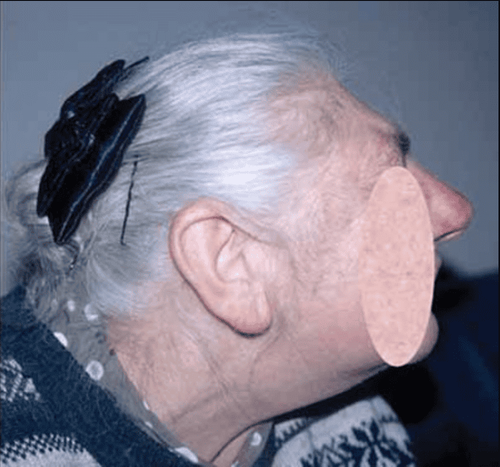
Hình ảnh bệnh Phenylceton
Phenylketonuria disease is caused mainly by genetic factors, namely genetic inheritance of single gene with genes that regulate the synthesis of enzyme proteins. Depending on the severity of the mutant genes, enzymes will not be synthesized or are synthesized but cannot function as normal due to reduced catalytic activity. The gene that causes Phenylketonuria in humans is a recessive gene, which is mutated due to a lack of the enzyme Phenylalanine Hydroxylase produced in the liver with the function of converting the amino acid Phenylalanine to Tyrosine, resulting in very high levels of Phenylalanyl in the blood causing Phenylketonuria in humans. People.
2. Phenylketonuria test
Phenylketonuria test is a test to check if a newborn baby has the enzyme Phenylalanine Hydroxylase in the blood to catalyze the conversion of Phenylalanine to Tyrosine. Phenylketonuria test is ordered to evaluate the ability of the baby to use the enzyme necessary to metabolize amino acids in the body, the test shows problems related to Phenyllanine Hydroxylase in the baby's body from which to diagnose Diagnosis of phenylketonuria in humans.
Testing for Phenylketonuria is done by taking a blood sample from the baby's heel and is done the first day after birth, after which the test can be repeated to check in 1 to 2 first week postpartum. Children's heels are cleaned with alcohol solution to disinfect, then use a small needle to poke blood and put it in circles on specialized paper to test for Phenylketonuria, until there is enough blood needed to When doing the experiment, bandage the wound where the blood was taken for the child and transfer the blood sample to the laboratory for investigation.

Xét nghiệm bệnh Phenylceton niệu trẻ sơ sinh
3. Meaning of Phenylketon Disease Test
The meaning of Phenylketon disease test is to show the possibility of the presence or absence of the enzyme Phenylalanine Hydroxylase in the body of a newborn to convert the amino acid Phenylalanine into Tyrosine. If the test shows that the child does not have the necessary enzyme to metabolize amino acids, then the amino acid Phenylalanine will accumulate a lot in the baby's blood, causing the lesions of Phenylketonuria in humans, possibly damage. brain injury , convulsions , or intellectual disability . Because Phenylketonuria in humans begins to cause damage to the body very early, thanks to the Phenylketonuria test, the disease can be detected early, from which the diet can be adjusted accordingly. It is possible to reduce the amount of foods containing Phenylalanyl acid, which are high in protein such as milk, cheese, meat...
In a normal state, the concentration of Phenylalanine in the body does not exceed 265 mcmol/L or does not exceed 3 mg/dL. If the test results for Phenylketonuria are higher than this, then the baby may have Phenylketonuria. Note that when doing the test, you should avoid cases where the results are wrong such as premature birth, drinking milk no more than a day before, children not eating, refusing to eat or vomiting, children using antibiotics.. If the Phenylketonuria test results are falsely positive or falsely negative, the baby should be retested 1 to 2 days later. After having an accurate result that the baby has Phenylketonuria disease, the Phenylketonuria can be tested regularly once a week in the first year and once every 1-2 months in children's age to check and follow up. Monitor blood levels of Phenylalanine.
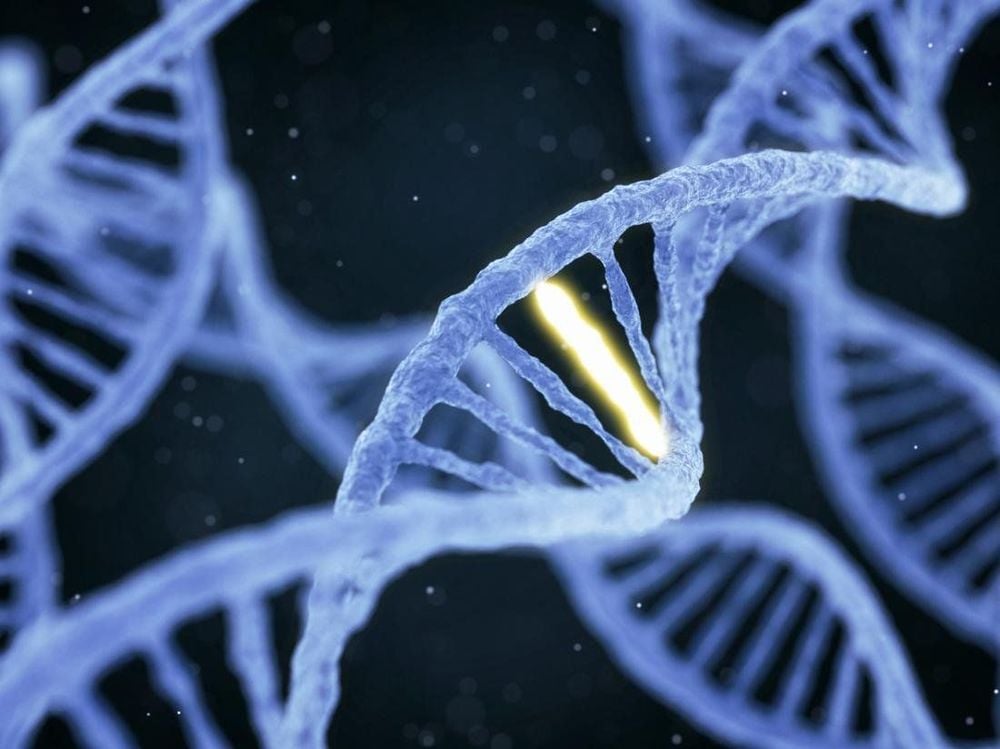
Ở trạng thái bình thường thì nồng độ Phenylalanine trong cơ thể không vượt quá 265 mcmol/L
Phenylketonuria test is a valuable test in assessing the concentration of Phenyllanine in the blood, which is an important factor in the diagnosis of Phenylketonuria in humans. Thanks to the significance of testing for Phenylketon disease, it is possible to promptly treat as well as change a low-protein diet to prevent dangerous damage caused by the disease.
Customers can directly go to Vinmec Health system nationwide to visit or contact the hotline here for support.
MORE
Phenylalanine: Benefits, Side Effects and Food Sources What Are Amino Acids? Roles and effects What types of essential amino acids include?




